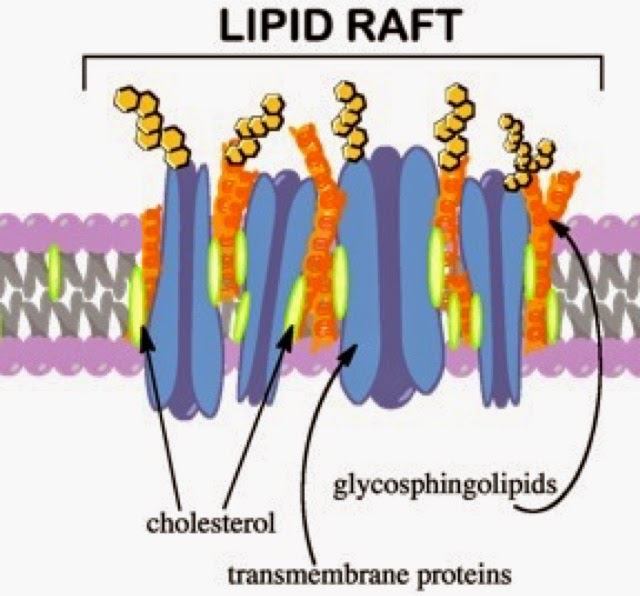Type 2 Diabetes Mellitus or Insulin Resistance has become a terrible pandemic far worse than Ebola or Bird-flu. According to WHO statistics, approximately 9% of adults worldwide have diabetes which directly results in over 1.5 million deaths per year. And this statistics greatly underestimate the disastrous impact of diabetes on health. While type 2 diabetes is only the 7th leading cause of mortality in the US, most people who die of coronary disease, heart failure, stokes, kidney failure and sepsis also also have diabetes as a significant contributing comorbidity.
Unfortunately, when it comes to diabetes, high blood pressure, coronary disease, kidney failure, and stroke; medical science is still in the dark about the root causes of these diseases. We know it has to do with a combination of genetic and environmental factors like diet and exercise. But this isn't the whole story because exercise and health enthusiasts arent necessarily living longer and current medical treatment are not curative.
A new theory that has yet to be studied and verified by large multi-centered studies suggests that insulin-resistant diabetes may be a consequence of sulfate deficiency. Sulfur is one of the most important elements in the body. Sulfur in the form of sulfate is used by the liver to detoxify the blood, and used to solubilize and transport important complex molecules within the body. Despite this importance, the USDA does not have a recommended daily allowance for inorganic sulfate. The government kind-of treats sulfate as a pollutant. It is not required in fertillizer, removed from water, and scrubbed out of coal and oil emissions.
3 personal cases are supporting the finding that insulin-resistant diabetes is a result of sulfate deficiency and improves significantly with daily oral supplementation of inorganic sulfate in the form of Epsom salt. I have three acquaintances with poorly controlled type 2 diabetes that I have committed to taking 1/4 tsp Epsom Salt orally disolved in water once- or twice a day and all 3 have seem dramatic improvement in their blood sugars. They also are avoiding tylenol and sodium benzoate preservative which both negatively impact sulfate metabolism.
How does sulfate help and possibly cure insulin-resistant diabetes mellitus? If you don't get enough sulfate in the diet, the body is also difficient in cholesterol sulfate which is an intergal component of cell wall bi-lipid membrane function. A person deficient in inorganic sulfate, will also be deficient in cholesterol sulfate. A person deficient in cholesterol sulfate will be deficient in cholesterol sulfate and "lipid raft" formation in cell walls, especially skeletal muscle. Without lipid rafts in skeletal cell walls, Glut4 receptors cannot be inserted. Without Glut4 receptors in skeletal cell walls, which are responsible for binding insulin and absorbing glucose from the blood, the person becomes insulin resistance.
Early cases demonstrate that oral inorganic sulfate supplementation in the form of magnesium sulfate heptahydrate (Epsom Salt) together with limiting exposure to acetaminophen (Tylenol) and sodium benzoate, and cinnamon (contains benzoate) significantly improves daily blood sugars.
These dietary sulfate guidelines could potentially benefit any inflammatory condition that is assiciated with elevated homocysteine, psychiatric conditions linked to SAMe, some pregnancy-related diseases, acute thrombosis linked to heparin sulfate, neoplastic disease related to glutathione and folate-DNA repair mechanisms, and cholesterol-sulfate-linked Alzheimer's dementia.

Thanks Dave! What are your thoughts on this piece?
ReplyDeletehttp://www.foodsmatter.com/allergy_intolerance/sulphites/articles/sulphates_sulphites.html
Yes, Sulfates are good, sulfites are bad. I think Ulcerative Colitis is more a problem with heparan sulfate deficiency .
ReplyDelete